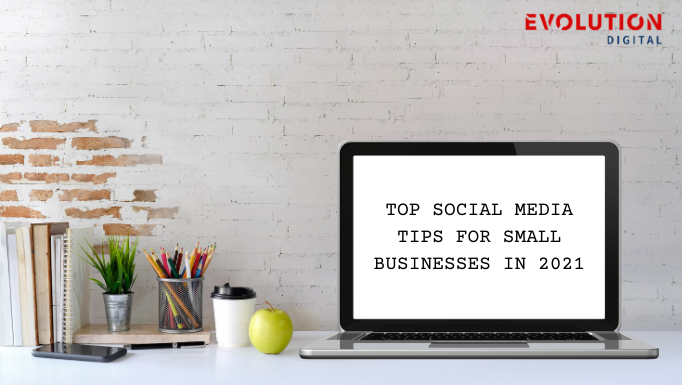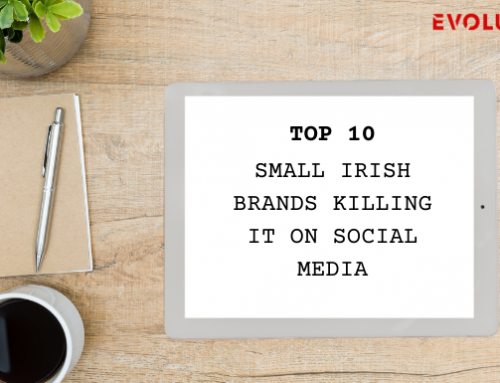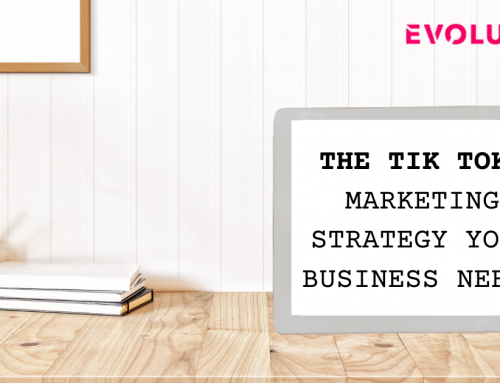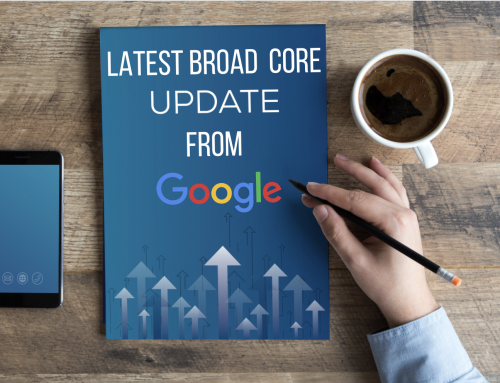The importance of social media for small businesses is understated and its potential is often disregarded. A social media presence is sometimes seen as an after-thought to a new business, when in fact, many small brands have now actually started their business through the use of social media alone. Dollar Shave Club, for example, started with a viral YouTube video ad, and the make-up brand Glossier began as a beauty blog and Instagram account. The idea of building up a customer base on social media is not only cheaper, but can be much more effective than trying to promote a business without any social media engagement. With this in mind, we’ve put together our top tips for small businesses, looking to make the most out of social media in 2021.
Be Responsive
Use the fact that you’re a small business to your advantage. Yes, larger businesses may have the resources to make impressive Instagram videos or to work with professional photographers, but small businesses have the ability to provide much better customer service. Potential customers will value the fact that you’re able to respond to their direct messages straight away, and can help them with their queries, whereas larger companies may use automated messages or bots to respond to their customers. Make use out of interactive material such as Instagram stories or Linkedin polls. Create regular competitions and show your followers appreciation. Do what larger companies struggle to do efficiently – reply to comments, engage with customers and provide fast and efficient customer service. Even if you become a large, successful company yourself in time, this customer service will stand to you and you will have gained a great reputation for providing exceptional customer service from when you first started out.
Don’t Just Promote Yourself
Brands can often make the mistake of overly self-promoting on their social media channels. The promotion of your brand and your products is, of course, important, but it should be sprinkled into your posts rather than dominating your accounts. For the most part, your organic social media content will be viewed by users who are already following you, which means there’s no need to self-promote too much – leave that for paid social ads. Your followers want to see engaging and interesting content like quizzes, polls, memes or relevant industry information. Take the world-renowned chocolatier Lindt, for example. Rather than flooding their channels with products and prices, they provide interesting and aesthetically pleasing content. Their quizzes about the brand’s history and re-posts of fans’ chocolate creations on their Instagram story provides fun, engaging content that will keep customers invested in the brand and its business.
Utilise Paid Social Ads
Creating paid social advertising campaigns can really help to promote brand awareness, which is vital for small businesses. With paid social media ads, you can target your ads at specific audiences based on gender, location, age and interests. It is important to make sure that you’re using the right platforms to advertise your business, however. Look at the average age demographics for each platform and see which one would best suit your brand and your industry. A business targeted at an older generation would have little reason to use TikTok ads, whereas Facebook ads may not be the best option for a product directed at teenagers. Paid social advertising promotes brand awareness, credibility and ultimately, sales. Spending even a few euro a day on paid social advertising can really improve the growth of small businesses and should not be disregarded.
Keep Track of your Metrics
So you’ve invested in paid social ads and you’re keeping on top of your organic social media content – great! But how do you know if any of it is working? This is where you need to be keeping track of your metrics so you can analyse your efforts and see what’s working and what isn’t. The metrics you choose to look at will be defined by the goals you have set. For example, if your goal is to improve brand awareness, then you should be looking at impressions and reach, and if your goal is to increase conversions, then you’ll be monitoring referrals and click-through-rates. This can be done either by monitoring the information provided by the platform itself, or by using a third-party software such as Google Analytics. It may take a while to wrap your head around it, but there are many tutorials available online that will give you a step-by-step guide of how to monitor your metrics and help you discover what aspects of your marketing plan need improvement.
Watch out for the Competition
Our final social media tip for small businesses is to keep an eye on the competition. Things can change rapidly in the world of social media and brands can get easily left behind if they fail to keep up with new trends or features. Make sure that you keep a close eye on what similar brands are doing on their social media channels, both to get inspiration and to keep up to date. Don’t bother trying to replicate what much bigger brands are doing, or brands with a completely different image and aesthetic to yours. Look at what similar brands in your industry are doing instead. With this being said, don’t try and copy other ideas completely. Put your own mark on things and create content that fits your industry and your image.
Social Media Marketing for Small Businesses in Ireland
If you need a hand with your social media marketing, or indeed any other digital marketing strategy, then get in touch with us here at Evolution Digital Marketing where we can help your business to reach its full potential.








